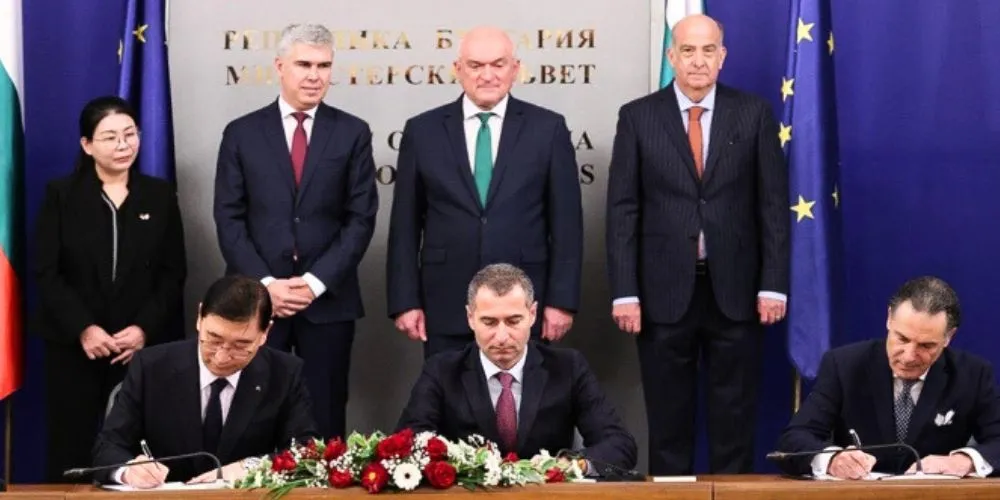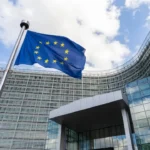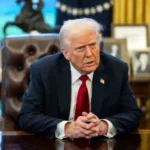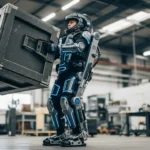Key Points
- Hyundai E&C signed a $14.5 billion nuclear plant contract with Bulgaria’s KNPP NB for designing two reactors at the Kozloduy nuclear complex.
- The project includes designing two 2,200-megawatt reactors in collaboration with Westinghouse Electric.
- Initial engineering will start in 2024, with an EPC contract in 2025 and expected completion by 2035.
- Units 7 and 8 will use Westinghouse’s AP1000 model, the latest Generation III+ reactor technology.
South Korea’s Hyundai Engineering & Construction Co. (Hyundai E&C) has signed a significant contract to design two nuclear reactors at Bulgaria’s Kozloduy nuclear complex. This agreement was signed with Kozloduy NPP-New Builds Plc (KNPP NB), Bulgaria’s state nuclear power agency, highlighting Hyundai’s expanding influence in global nuclear power. The contract, which involves designing two 2,200-megawatt reactors, has an estimated construction cost of 20 trillion won ($14.5 billion).
Hyundai E&C partnered with U.S.-based Westinghouse Electric Co. to win the competitive bid for this engineering services contract (ESC), overcoming prominent U.S. rivals Bechtel Corp. and Fluor Corp. The formal signing took place in Sofia, Bulgaria. It was attended by officials including Bulgarian Prime Minister Dimitar Glavchev, Energy Minister Vladimir Malinov, Hyundai E&C’s CEO Yoon Young-joon, Westinghouse Energy Systems VP Elias Gedeon, and KNPP NB Executive Director Petyo Ivanov.
Under the contract, Hyundai E&C will begin first-phase engineering work by the end of 2024, with a formal engineering, procurement, and construction (EPC) contract expected to be signed in late 2025. The two reactors are projected to become operational by 2035.
Bulgaria’s oldest nuclear facility, the Kozloduy nuclear complex, was originally built in 1969 and provides one-third of the country’s electricity. Due to aging issues, Units 1 through 4 have been decommissioned, leaving only Units 5 and 6 to operate with Russian-designed pressurized water reactors.
Hyundai E&C and Westinghouse will now design the new Units 7 and 8 based on Westinghouse’s AP1000 model, recognized as one of the most advanced Generation III+ nuclear reactors. The AP1000 reactors are noted for their safety features and operational efficiency, with 18 such reactors expected to be in operation globally by the decade’s end.
Hyundai E&C CEO Yoon Young-joon expressed pride in securing the contract, which he views as a testament to the company’s reputation for excellence in engineering, procurement, and construction. He referenced Hyundai’s previous nuclear project, the Barakah nuclear power plant in the UAE, as a major milestone and highlighted this new venture as a further endorsement of Hyundai’s pivotal role in advancing Korea’s nuclear power expertise on the global stage.





